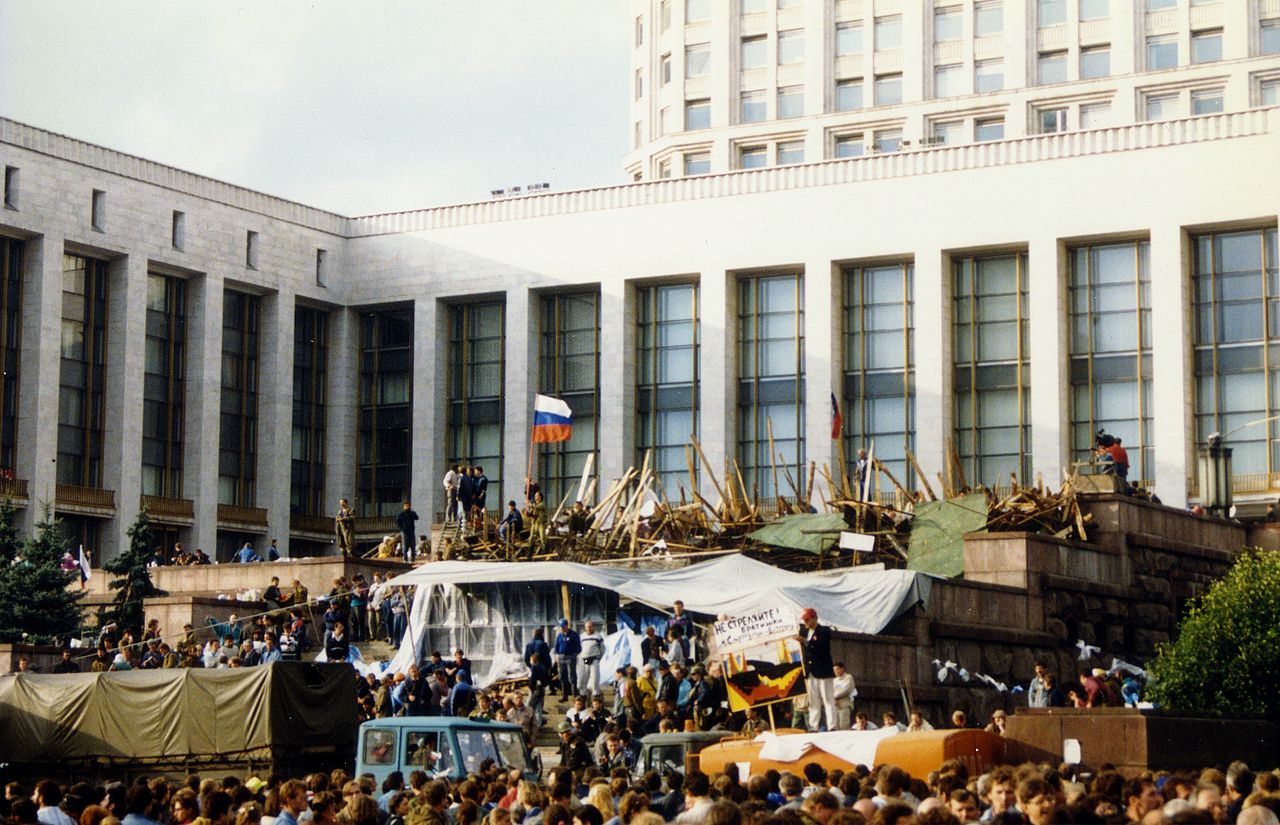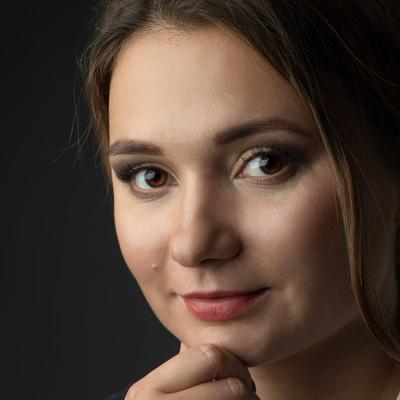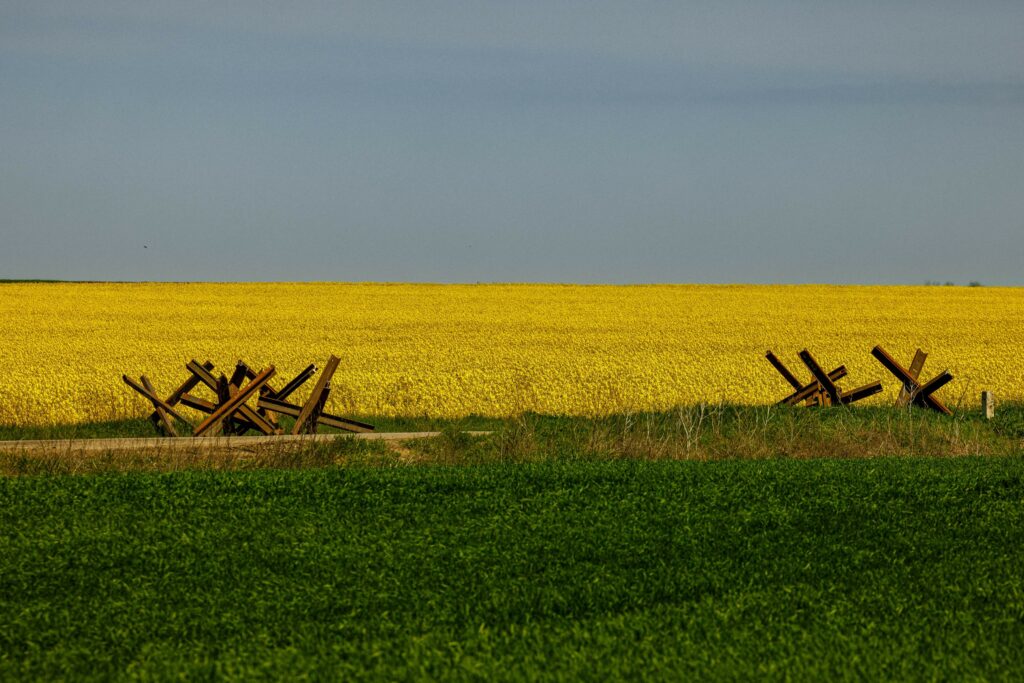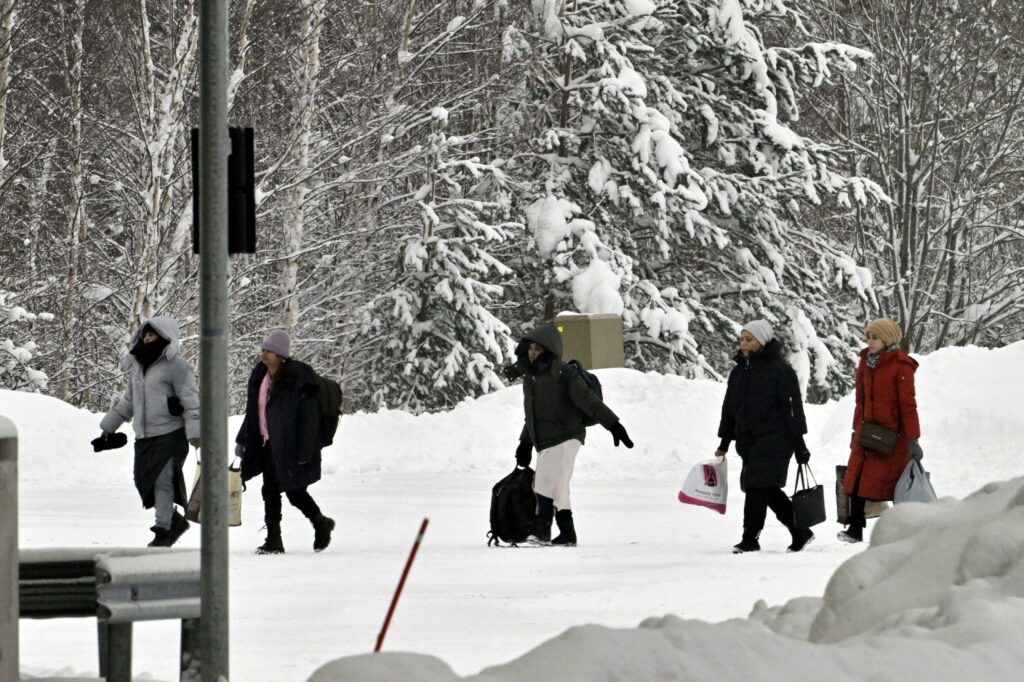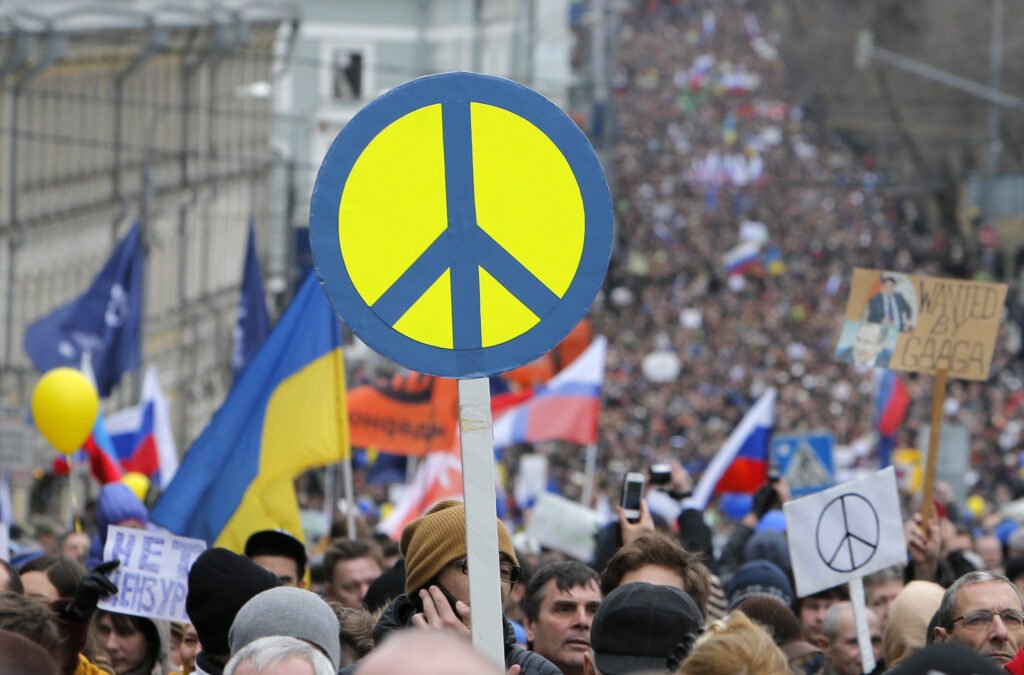Outside observers might be surprised with the metamorphose of Russians’ consciousness and how quickly the society striving for democratic transformation in the 1990s has turned into a society that supports Putin’s authoritarian politics completely. Where did the people, who 25 years ago, in August 1991 stood for the ideas of freedom, protesting the State Committee on the State of Emergency (GKChP) in Moscow, Leningrad (that a few weeks later became Saint-Petersburg), Novosibirsk, Tyumen, Nizhny Novgorod and in other Russian cities, go?
It is more or less clear what has happened to the politicians and para-political figures: some switched to the opposition, turned to the “dark side”, left the country, or became the “systemic liberals”. It is a bit more complicated with the “average” Russian – why did he suddenly give up on democratic ideals? The answer to this questions, in my opinion, stems from the fact that the belief that Russia had a significant amount of pro-democratic (and especially pro-liberal) minded people in the 1990s is simply wrong.
According to the polls of the time, in the 1990s, the orientation on rapprochement with the West, or even integration of Russia into the western world, development of the nation based on western model was widespread. The ideal future of Russia was seen as the state with market economy, democratic institutions and human rights. But these moods reflected the desire for a quick change rather than inherent worth and understating of democratic principles. Democracy, for the majority of Russians was not a goal, but rather a synonym of western prosperity. That is why it is not surprising that any method of achieving the desired change (read – better life conditions) was acceptable, and the democratic dreaming following the political will of the state turned into anti-westernism, a desire to come back to state planning, distribution in the economy, and to fence off the “hostile” outer world.
In the case of Russia, the provider of Russians’ sudden enrichment was the global market, the dynamics of energy prices. But since the period of high oil prices occurred during Putin’s first two terms it formed a false causation in the mass consciousness – Putin was solely responsible for the economic leap forward. Thus, it was Putin personally who, according to a great deal of Russians, satisfied the demand for change that existed in the 1990s. Using what means – democratic or not – is irrelevant. It is then no surprise that the events of August 19-21 of 1991 – coup attempt and thousands of people on the streets ready to protect democracy (of course in the way they understood it) – turned out to be unwanted for the formation of political identity of post-soviet Russians and were excluded from public discourse. This is proven by the Levada-center’s data, according to which, back in 2001 Russians still considered the coup attempt as the key event of 1991, while today it is the least popular answer.
One needs to take a closer look in the question of those that in 90s considered themselves democrats and “westerners” and today form part of the so-called Putin majority. There are three groups among them:
Passive subordinates (temporizers)
The biggest in numbers and least politically determined, this group is characterized by the “mimicry” the “majority”. Catching the Perestroika winds, they superficially accepted the democratic rhetoric and pro-western moods. When the discourse changed and pro-Kremlin media actively started to introduce “The West as an enemy” image, as well as the idea that Russia has to develop differently from the West via its own path, they changed their views. This model of social adaptation, aimed at contiguity to “majority” is a direct legacy of the Soviet era where it was universally feared to have an opinion different from the officially approved one as it could trigger the interest of the government, leading to undesirable consequences.
Contemporary propaganda actively uses this deeply-rooted fear in the mass consciousness behavioral pattern, appealing to the majority, to the herd instinct – a technique that among Clyde Miller’s “7 sins of propaganda” is known as “Bandwagon”. The media constantly highlights the support of the government by the majority of population, portraying the few who oppose the government as servants of foreign states. This is why it is not surprising that are only a few people willing to join the oppressed “objectors”.
At the same time, we can’t be certain how honest “temporizers” are about their support of the regime – they vote in the way that they are told and even reply to the sociologists’ questions using the known templates of what is acceptable as an answer. One thing we know for sure is that if the Kremlin’s propaganda machine falters tomorrow, the voices of the discontented are heard, and it becomes evident that they are not merely a tiny bunch of “foreign agents”, but a considerable mass of economically disadvantaged Russians, the following day these “passive subordinates” could very well join them and recall the moods that dominated in the 1990s. This possibility was perfectly demonstrated by the head of socio-cultural research at Russia’s Levada-Center Alexei Levinson, describing his meeting with a perestroika times focus group. According to him, upon their first meeting (early democratic days) democratic views prevailed – people were eager to join the market and were hopeful about the future of the country. Years later, meeting with the very same people, Levinson has noticed considerable changes. Instead of democratic views came the grandpowerness rhetoric, instead of self-respect came the damning of the “enemies”. This story is quite typical, but is very rich and revealing. Addressing Levinson’s surprises “turned grandpowerness acolyte” replied the following: “Well, you know, the time is different now. But we will return to that time and we will start thinking the same way again”. This phrase has pretty much everything that any Russia observer needs to know about the Putin’s “majority”.
Internal migrants
Contrary to the previous group, internal migrants are more skeptical about the developments in the country. They are potential oppositionists that have for one reason or another chosen the strategy of avoiding active political involvement. Many authors (for example Pomerants in “Notes of an Ugly Duckling” and Cohen in “Symbolic Construction of Community”) characterize an internal migrant as a person that disapproves of the politics of the state but wears the “mask of solidarity” with the majority on public. This definition, in my opinion, is relevant for the states with well-functioning repressive mechanisms such as Stalin’s USSR or Nazi Germany. In today’s Russia, it is enough to avoid a certain number of issues (not to cross a line, as the editors of certain outlets put it) – there is no demand for demonstration of absolute loyalty yet. That is why an internal migrant of Putin’s Russia is different from the Soviet one – he does not pretend to love the regime, he only stresses the indifference to politics in general and the desire to work on his own quality of life rather than the affairs of the state. Among this category certain beliefs prevail, such as “politics is a dirty business”, “everybody steals”, “everybody lies”, “one can’t change the system, thus one should work on individual well-being” (73% are convinced that they can’t affect the situation in the state, while 99% of Russians feel responsible for their families). Most of the time, these people stop following the news altogether, prefer not to discuss political matters with family and friends, since it would only increase their inner discontent, but they are not ready to protest publically. The bottom line is that their public silence plays to the Kremlin, amplifying the visibility of public consensus.
The disappointed
The disappointed in democracy and liberalism are the victims of their own overestimated expectations and substitution of meanings. For them it seems that choosing a western direction of development meant everything would magically be made great. In reality, the 90s brought a series of banking crises, a considerable number of Russian citizens had their salaries delayed for months, and 1998 brought one of the heaviest economic crisis. All of that was attributed by the “disappointed” to the consequences of democracy and liberal freedoms. For an outside observer it would be clear that liberal democracy was only proclaimed, but not institutionalized. Later on, using loyal media, political scientists and public figures, Putin was able to definitively discredit the liberal discourse, connecting it to the worst associations from the 90s – widespread crime, anarchy, impoverishment, and more. In recent years, propaganda has created and spread the belief that the liberal cannot be a patriot of Russia, attacking individual liberals as the enemy. This idea became popularalized, merging with the previously crafted negative evaluation of the “liberalism” of the 1990s. Compared to “temporizers” and “internal immigrants”, the “disappointed” are the actual active Putin supporters who truly believe Moscow’s propaganda myths. It is unclear though, how strong their faith is going to be should another economic collapse happen. It seems that their loyalty isassured with a guarantee of a minimal level of stability. These guarantees cost a lot to Moscow. Meanwhile the Kremlin coffers are drying up…
